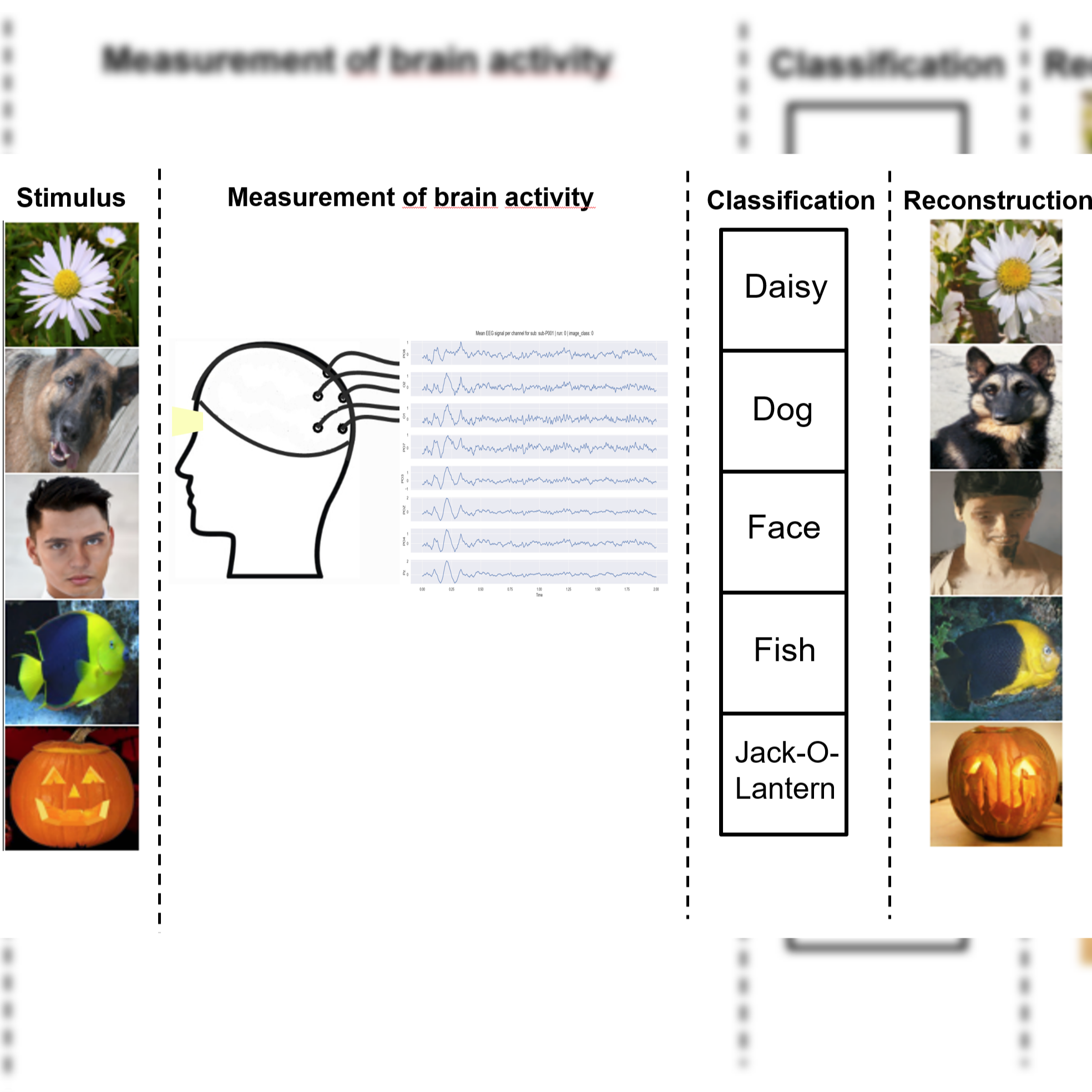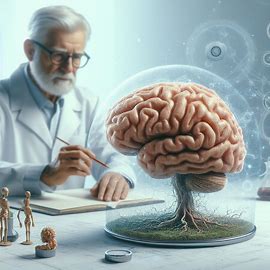
Python
Experienced

Hello, I'm
Neuroengineer
Get To Know More


Neurotech
Machine Learning
Sports
Hiking

B.Sc. Bachelors Degree: Social- & Media Science (Ruhr-University); Psychology (Leiden University)
Honours Degree: Math & Data Science
M.Sc. Masters Degree: Neuroengineering (Technical University of Munich)
Semester Abroad: Media Lab (Massachusetts Institute of Technology)
I am a neuroengineer with an interest in technology inspired by or designed for the brain. In 2018, I quit my job as a media analyst to start a Bachelors degree in psychology at Leiden University (NL) as I was fascinated by the brain. Soon after the first semester, I managed to sneak into the medical faculty for some more raw neuroscience courses, thanks to a great professor that valued my motivation. At the same time, I started programming with the help of online courses because I wanted to be able to handle and analyze the big datasets gathered in the neuro field. Through an additional Honours degree offered by the same university, I was able to take the data science classes from the computer science degree. Furthermore, the electrical engineering department at the University of Delft (NL) let me join their analysis and linear algebra courses such that I had a strong portfolio to join my desired Masters program - the Elite-Master in Neuroengineering at the Technical University of Munich (TUM). After only 2.5 years, I graduated cum laude from my Bachelors degree with an overhead of 37 ECTs. To bridge the half year between the end of the Bachelor and the start of the Master program, I volunteered in the Precision Psychiatry group at the LMU clinic in Munich to help improve diagnostics and prognostics in psychiatry, as well as foster my ML skills in a different environment (see here for a reference from my supervisor). Then I got accepted to join the Neuroengineering degree at TUM, which let me dive deep in neurotechnology and pushed my coding and ML skills to the next level through courses and several practical projects. During my time in the program, I have worked on many projects, ranging from the hardware setup and development of a speech recognition pipeline for an invasive brain-computer interface study (Translational Neurotechnology lab, TUM), to training different deep learning architectures on time-sequence data to detect pathological patterns in patients' brain measurements (Charité, Berlin). Additionally, I have been part of a small student group that won the NeuroTechX hackathon (1st and 3rd place), the results of which we presented at a symposium at TUM and during a summer school at the Center for Neuro Engineering at the Georgetown University in Washington DC. Eventually, I have finished the neuroengineering program with high distinction and honors. Moreover, I have completed an additional Research Excellence Certificate consisting of 30EC which include courses in deep learning and credits for presenting my research findings. My final master project was conducted at the Massachusetts Institute of Technology (MIT) Media Lab. In this project, I have developed my own experimental setup to first predict what people have seen from their EEG and then to reconstruct it using a finetuned latent diffusion model. The master project was awarded with the highest possible grade. The paper accompanying this project is currently under review. Now, after graduating, I am looking for opportunities to apply my knowledge in machine learning to create solutions that inspire other people.

Explore My

Experienced

Experienced

Basic

Basic

Basic

Experienced

Experienced

Experienced

Experienced

Experienced

Experienced

Experienced

Basic

Experienced

Experienced

Experienced

Experienced

Experienced

Experienced

Intermediate

Experienced

Experienced

Experienced

Experienced

Experienced

Browse Some of My Recent

My latest and biggest project so far was about decoding what people have seen from their brain activity measured with a portable EEG device. Therefore, I have built an experimental setup, recorded the brain activity of 9 subjects during image perception, and adapted 5 state-of-the-art classification models to work with this framework. After extensive hyperparameter search, the object category of the observed images was classified with up to 52.5% accuracy and the best performing model was modified to condition a pretrained Latent Diffusion Model for image reconstruction. Currently, the submitted paper is under review.

I participated in a hackathon hosted by NeuroTechX, INRIA and the Université Paris-Saclay with the aim to predict the age of a person solely from their EEG recording. The goal of this endeavor was to develop a novel biomarker to improve diagnostics for neuropsychiatric disorders. As a team of 3, our two submissions achieved the 1st and 3rd place in the competition (>180 competitors). The winning models were a Convolutional Neural Network and a Support Vector Machine used with nested cross-validation, respectively.

In this project, I recorded robot commands spoken by 10 different people in noisy environments and compared contemporary speech-to-text models in terms of speed (real-time factor) and correctness (word error rate). The system called the different APIs on the respective speech samples and compared them on the aforementioned metrics. The outcomes of this student project were used to make decisions on how to control a robot in a competition through verbal commands. Therefore, also economic factors with regards to monetary and compute demands were evaluated.

Get in Touch